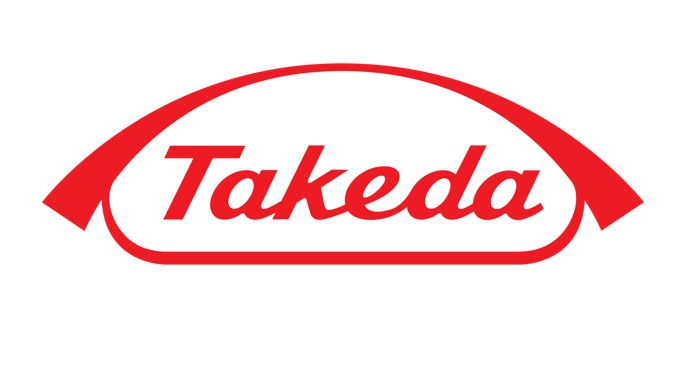Takeda begins new R&D link-up with Molecular Templates

Takeda is increasing its R&D investment in oncology with a collaboration with Texas biotech Molecular Templates.
The Japanese firm is rebuilding its pipeline under the leadership of CEO Christophe Weber after a difficult few years when key drugs, such as diabetes medicine Actos, went off patent.
With the Molecular Templates deal, signed through its subsidiary Millennium Pharmaceuticals, Takeda hopes to use the biotech’s engineered toxin bodies technology to attack several therapeutic targets.
Molecular Templates’ technology is based on proteins inspired by Shiga toxins, which if targeted properly could be used to attack and destroy cancer cells.
Takeda will lead the effort through a joint scientific committee of both companies.
The Japanese firm’s head of oncology, Christopher Arendt said the company had already been working on a drug and has an option to take a licence.
In the latest deal, Takeda will make an equity investment and Molecular Templates is eligible to receive upfront payments, development and commercial milestone payments.
Takeda has agreed to royalties on the sales of commercial products developed through the collaboration, and will also appoint a director to Molecular Templates’ board.
Takeda will have the right to exercise exclusive options to obtain license rights to products resulting from the collaboration.
Molecular Templates would be responsible for manufacturing and supply of products licensed for development by Takeda through phase 1 clinical development. Additional terms of the agreement are not being disclosed.
Molecular Templates’ chief scientific officer, Eric Poma, said: “Takeda’s oncology expertise and drug development capabilities represent unique assets for combination with our approach to targeting and destroying cancer cells, and we look forward to developing products via this new avenue of oncology research.”
Takeda started the year by buying US cancer drugs firm Ariad for $5.2 billion, and also announced a $100 million collaboration with UK biotech GammaDelta to develop a novel type of T-cell therapy.












